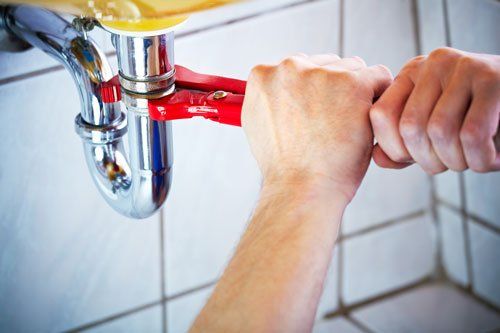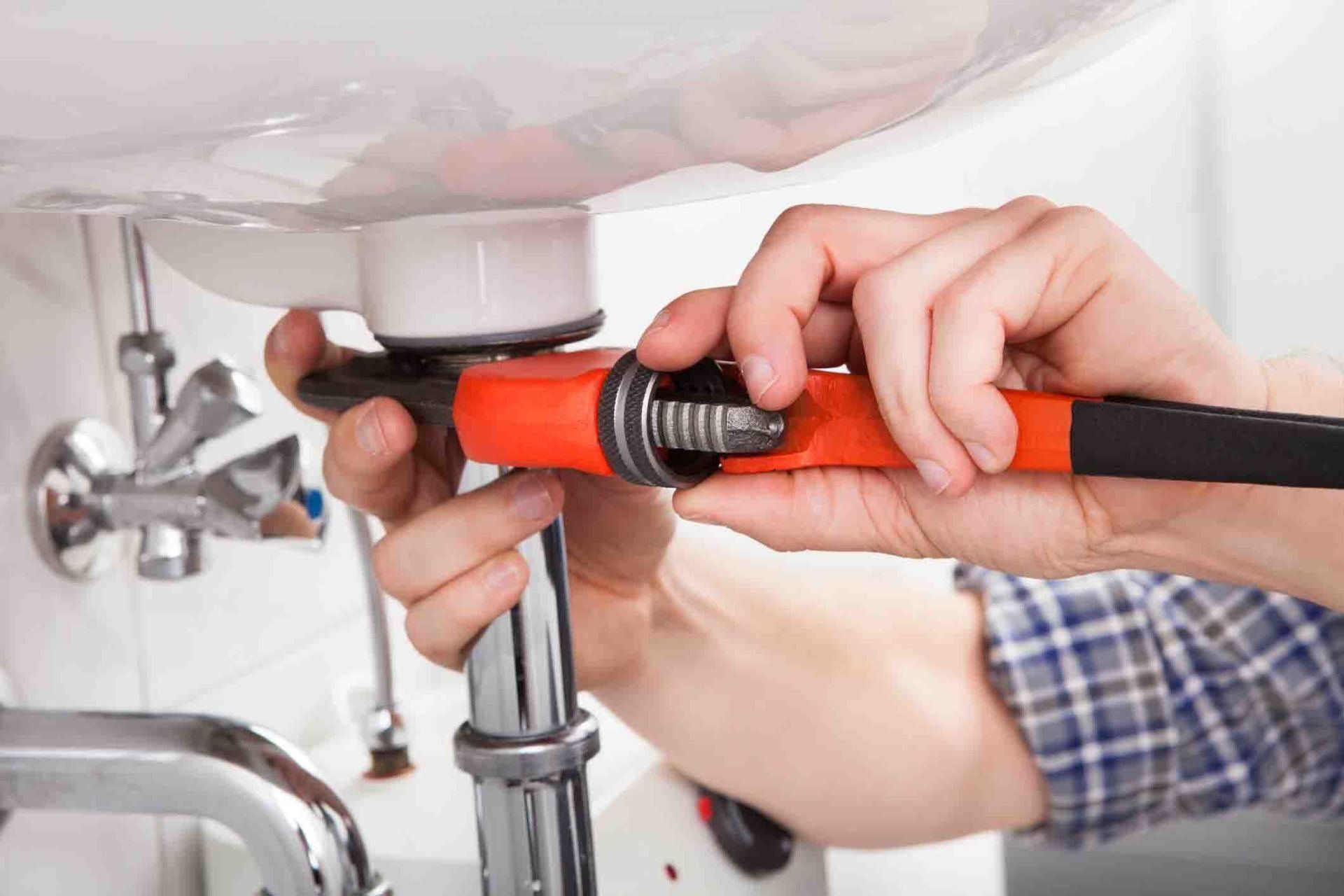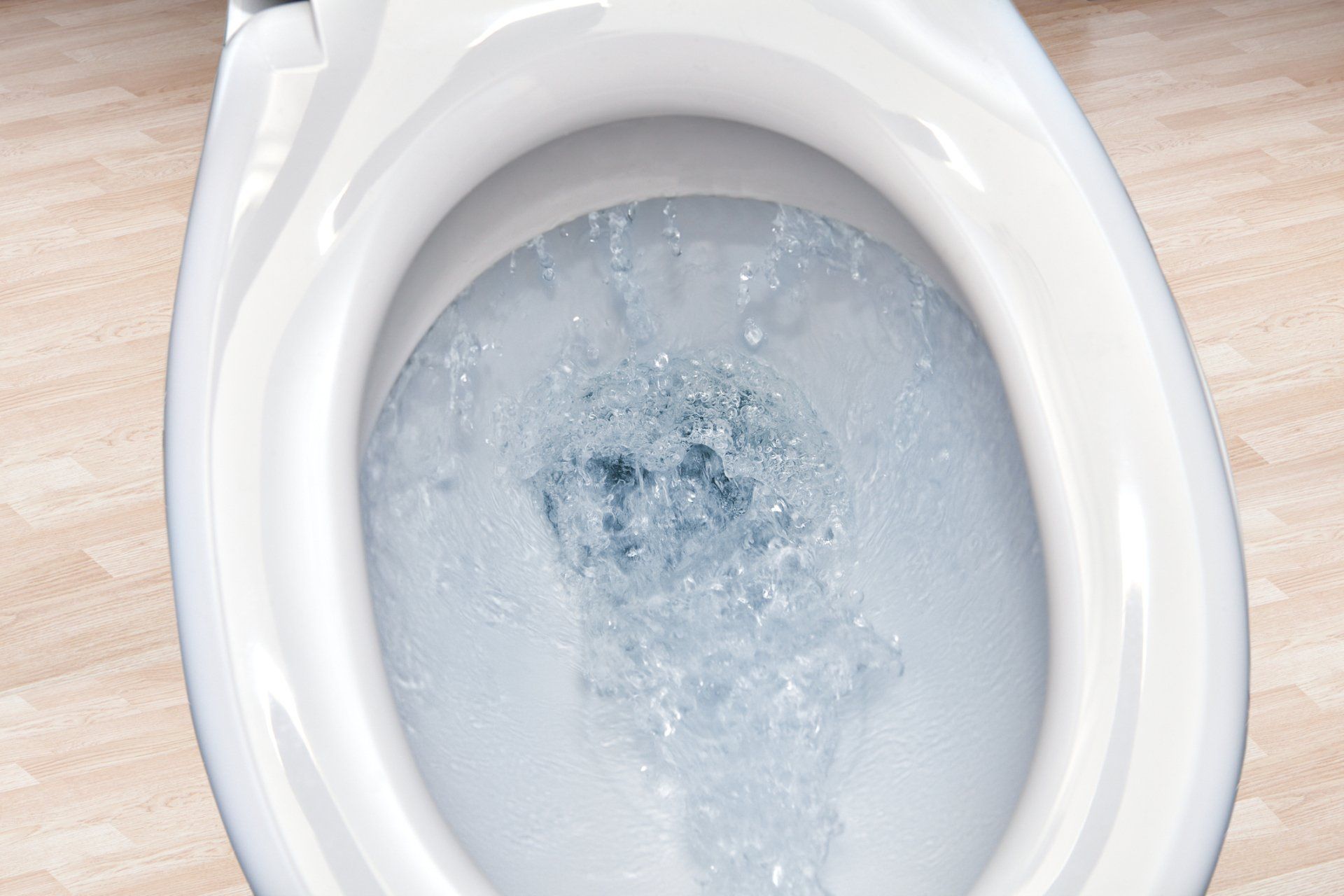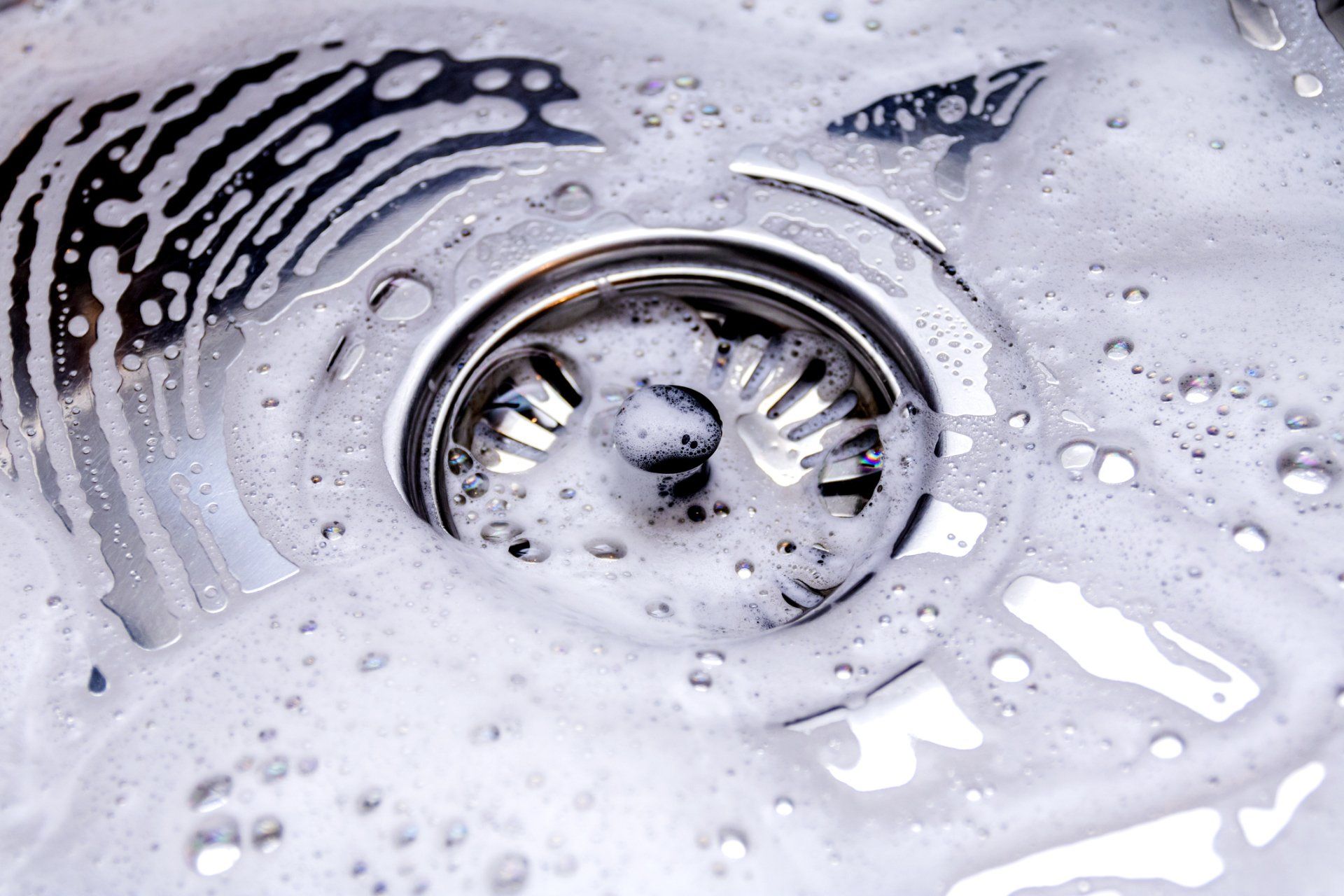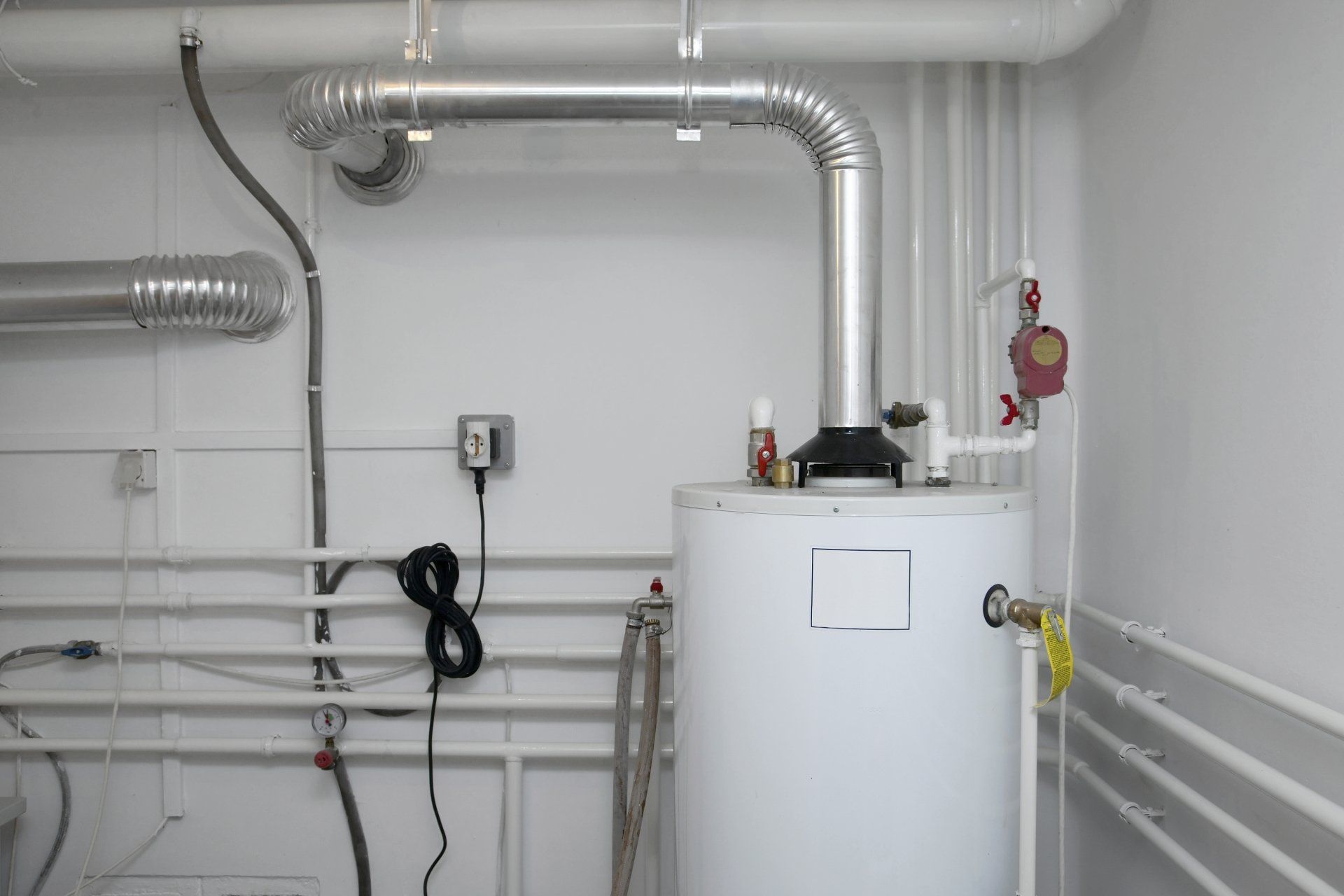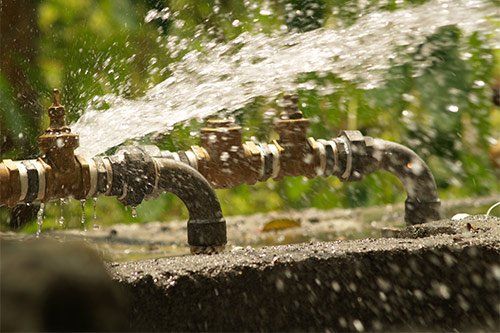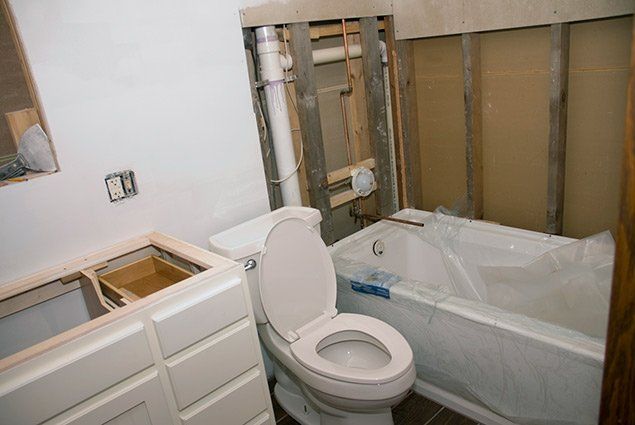5 Signs of Impending Water Heater Failure
- By admin
- •
- 28 Jun, 2018
- •
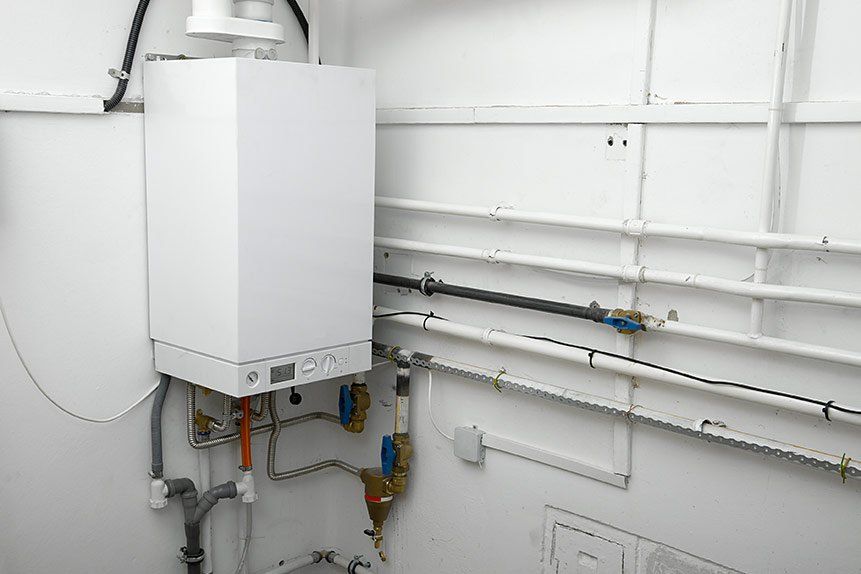
Hot water is a staple of modern life, including for businesses in virtually any industry. Whether you rely on your water heater to supply every guest at your hotel with their morning showers or simply to keep your bathrooms functional, the importance of this appliance is undeniable.
Unfortunately, no water heater lasts forever. In fact, Angie’s List says the average water heater only lasts for 12 years or less. When your water heater begins to fail, prompt replacement ensures that this plumbing problem doesn't impact your business.
In this blog, we list five warning signs that your commercial water heater likely needs to be replaced with a newer model.
1. Abnormal Noises
One of the most common signs that a water heater is on its lasts legs is a significant change in the sounds the appliance makes as it runs. Unfortunately, in a commercial environment, you likely aren't close enough to hear these sounds on a daily basis.
Prioritize checking for auditory cues of water heater issues regularly after your unit reaches 10 years of use. Additionally, ask all employees who are frequently in the same area as the heater, such as janitorial or maintenance staff, to report back if they hear rumbling, popping, or loud blowing sounds.
2. Corrosion
As with any appliance that uses water, your water heater can become vulnerable to corrosion over time. This corrosion typically appears around the bottom of the tank or where the plumbing attaches to the heater.
If your water heater is irreparably corroded, you may notice peeling paint, rust, burn marks, or visible gaps. Corrosion can also cause to leaks.
3. Damaged Valves
All reservoir water heaters have valves to regulate temperature and tank pressure. These valves must operate properly to ensure that the heater stays in safe temperature and pressure ranges.
These valves are particularly important in commercial settings because you likely don't check on these settings frequently. Additionally, in the case of an explosion caused by incorrect temperature or pressurization, commercial buildings often have more people at risk of injury and property at high risk of damage than residential buildings.
Have your valves inspected at least once a year, and do not let anyone but a qualified plumber do maintenance involving the valves.
4. Inadequate Hot Water
One of the most common reasons to replace a water heater is a lack of sufficient hot water. Your water heater may fail to provide enough hot water if the unit is too small to handle the building's water usage, has worn out enough to become inefficient, or has become damaged.
If your patrons complain of persistently cold water, have a plumber identify the cause and begin the replacement process.
5. Standing Water
Water heaters must be waterproof to work correctly. If the tank becomes punctured or corroded, water may leak out and leave a puddle on your floors. Water leaks can flow quickly or leach out over time depending on the size of the hole.
When you or an employee performs routine auditory checks of the water heater as discussed in section one, also look for any new corrosion and any visible water outside the heater. If you notice a small amount of water, perform another check soon after to determine if the heater has a leak.
If you, your employees, or your clients observe any of the above warning signs, schedule a water heater inspection as soon as possible. This inspection ensures that you can handle the necessary replacement before the situation escalates.
For a full range of expert commercial plumbing services, including water heater replacement, trust the experienced team at AERO Plumbing.

